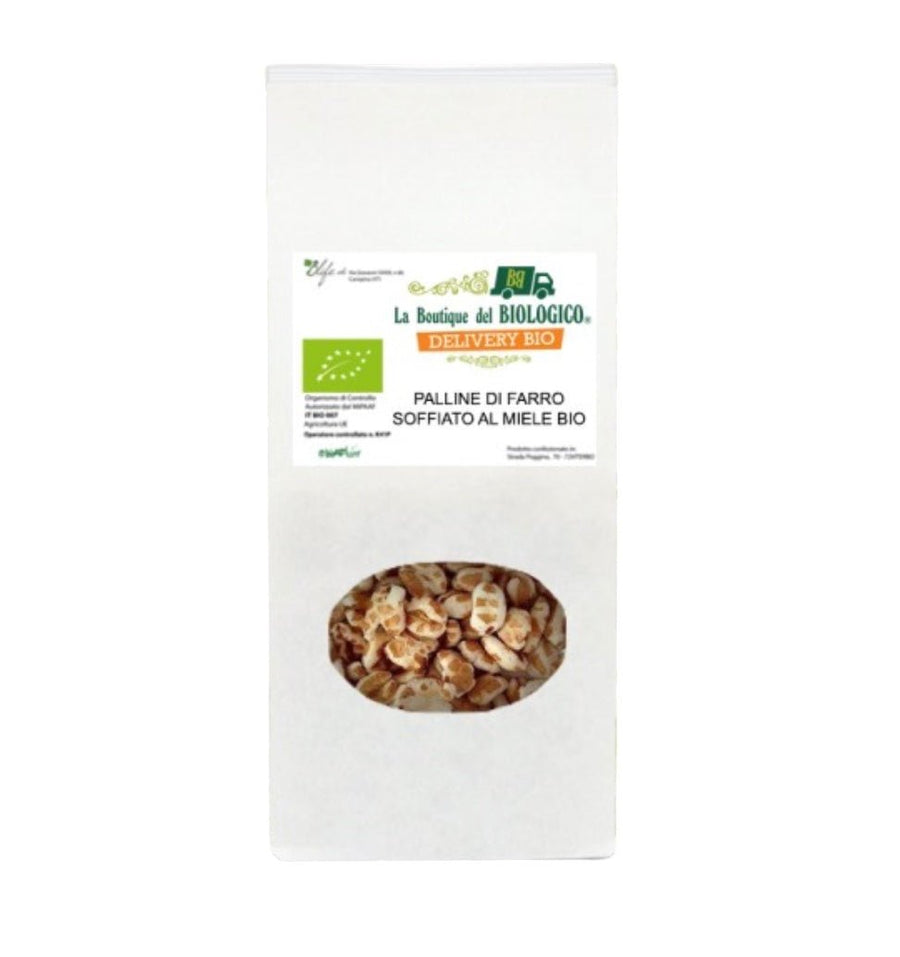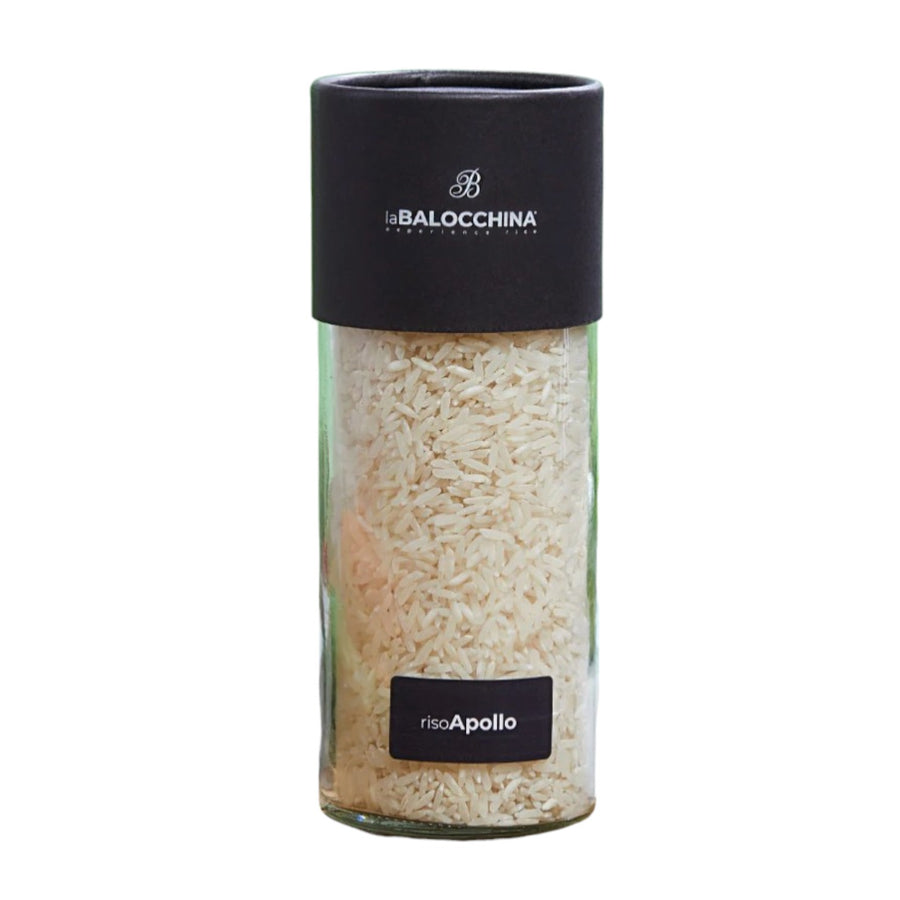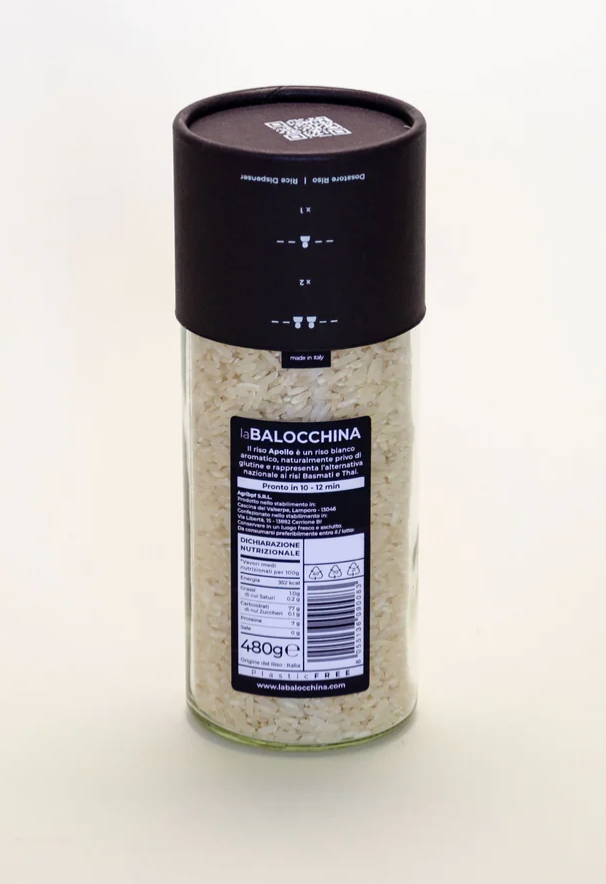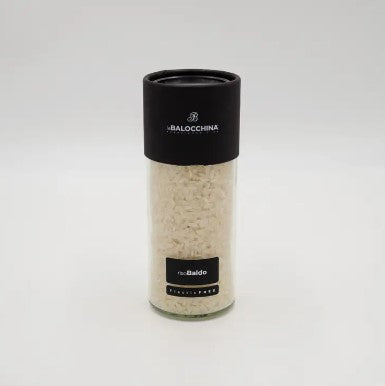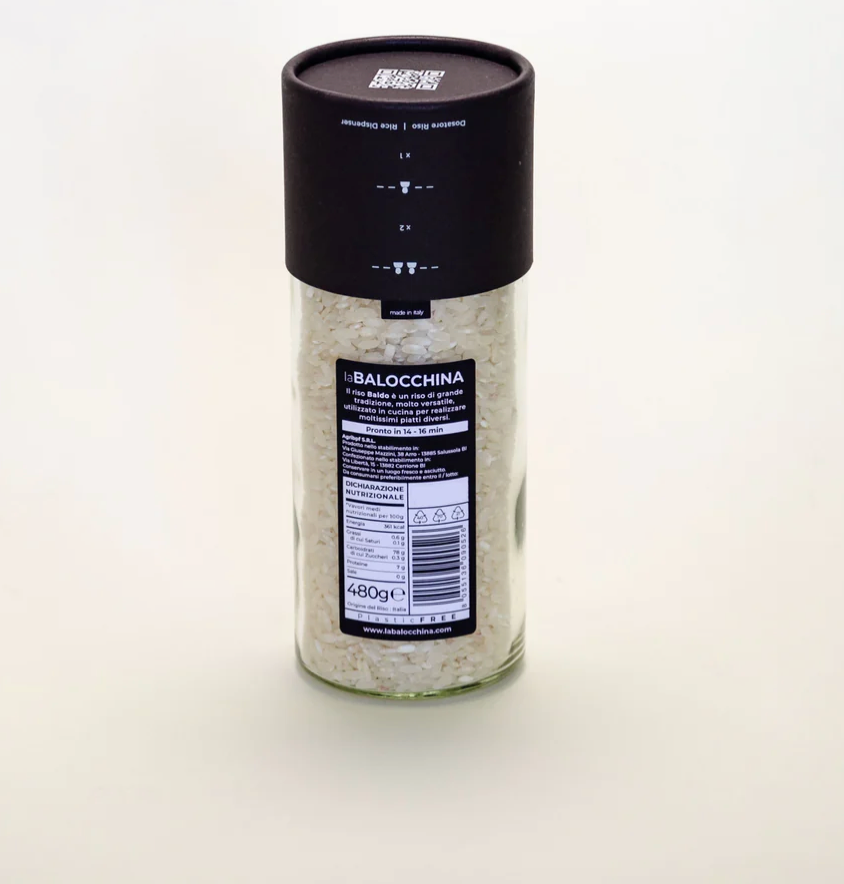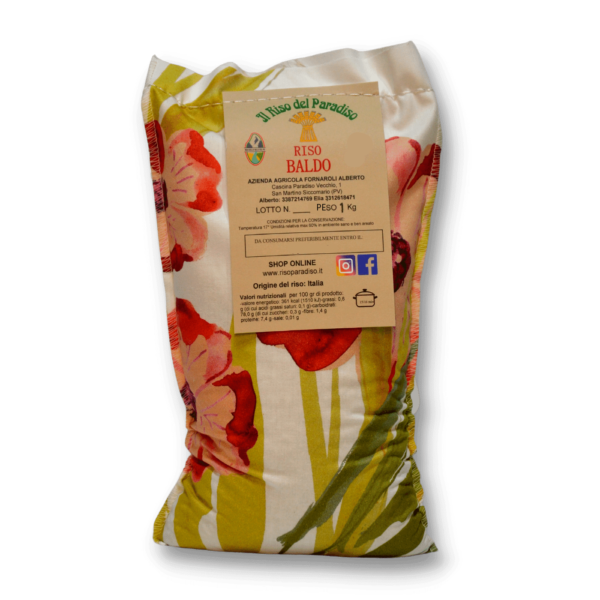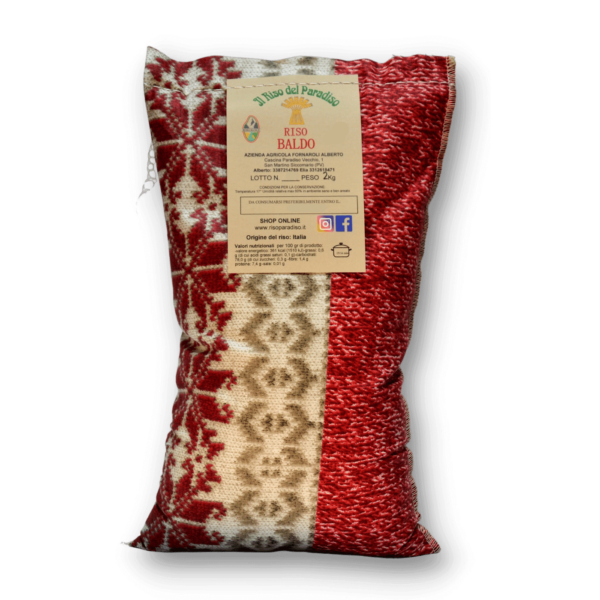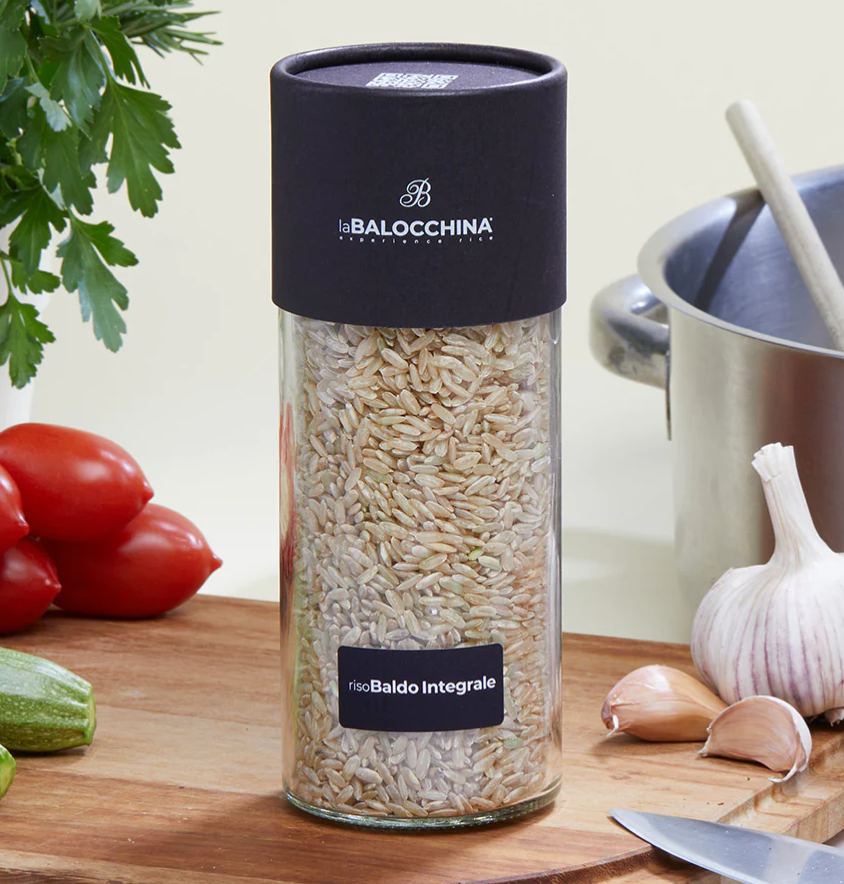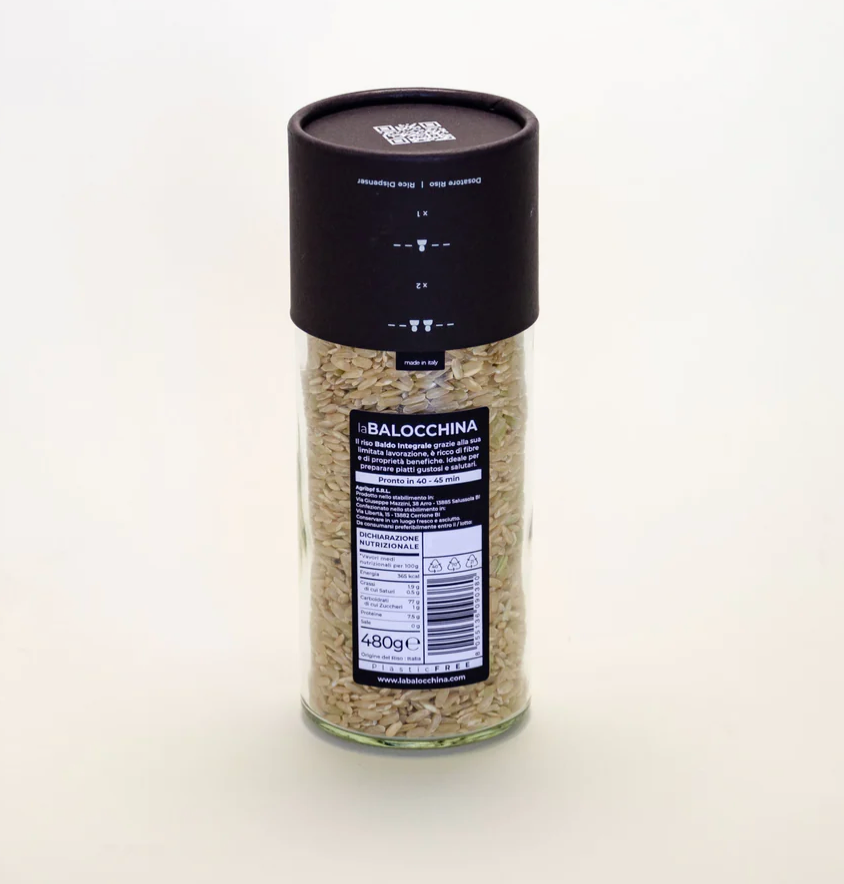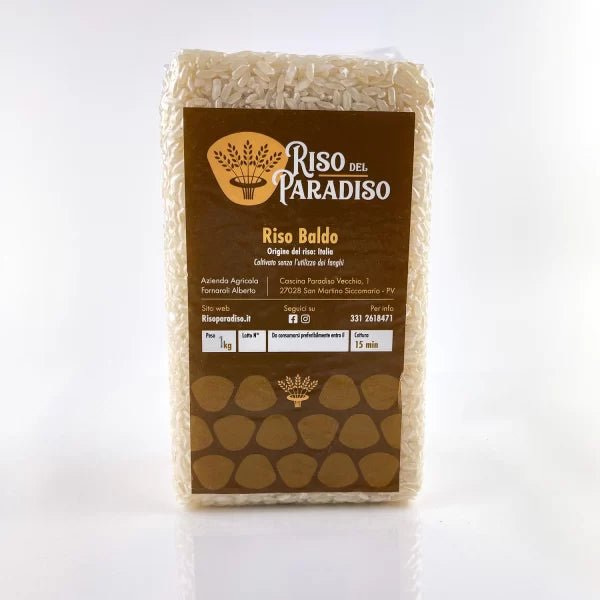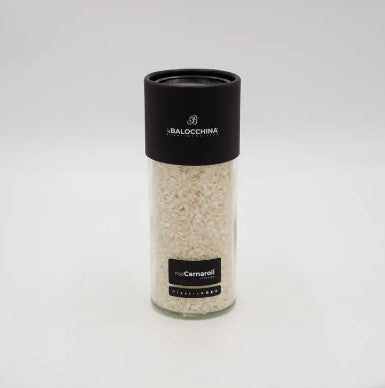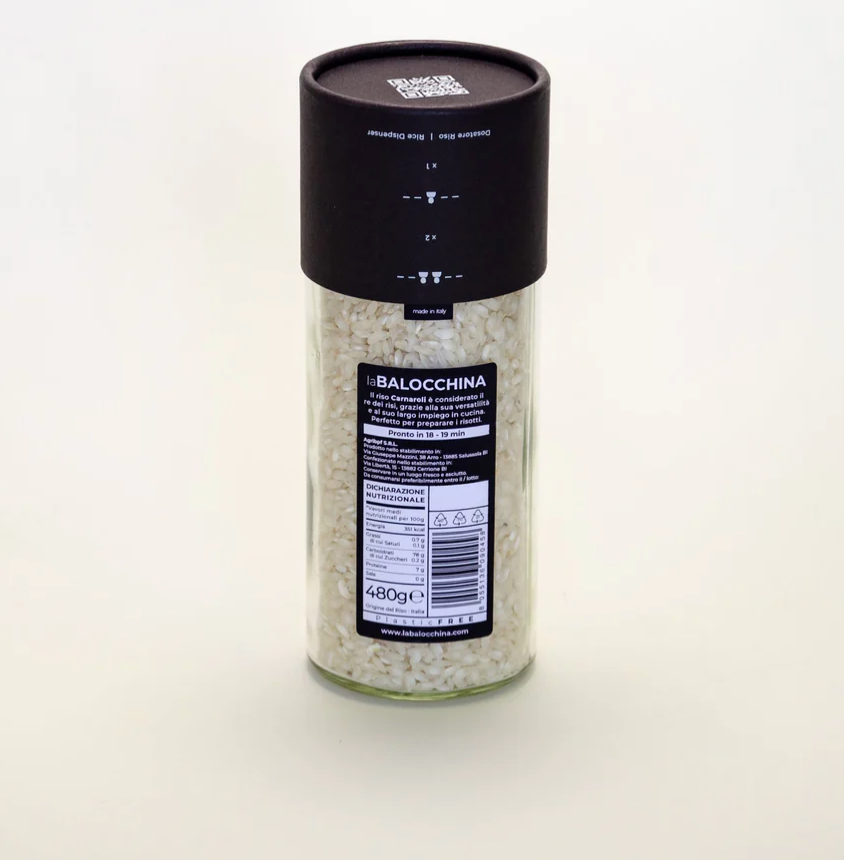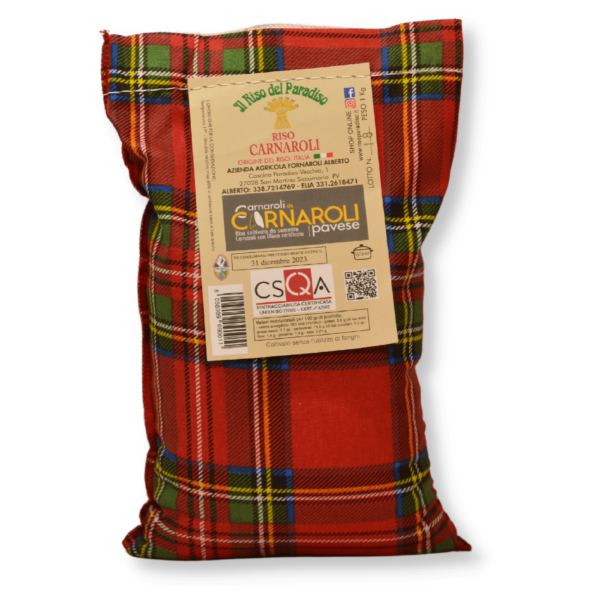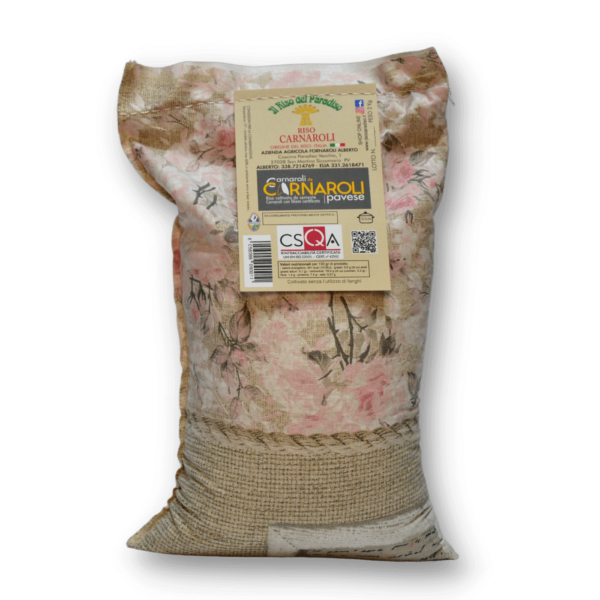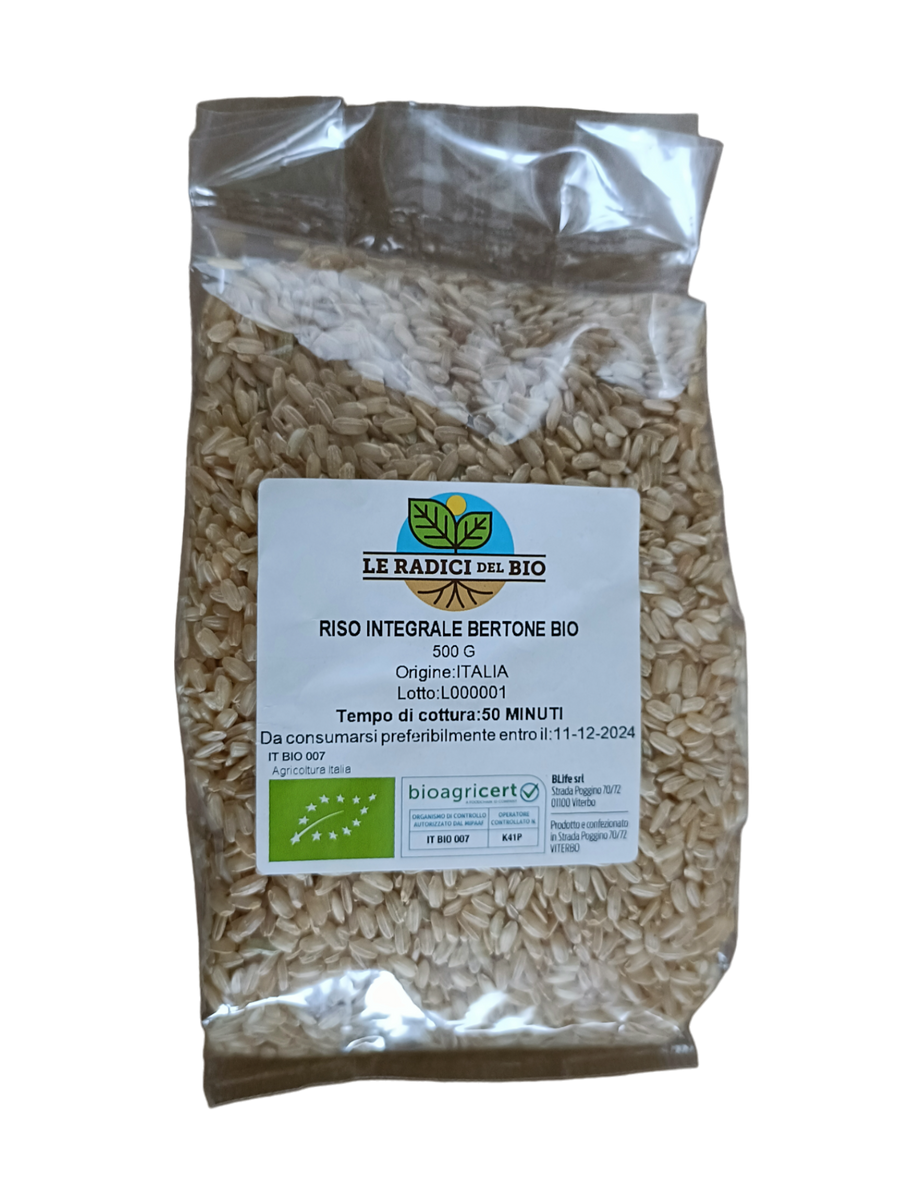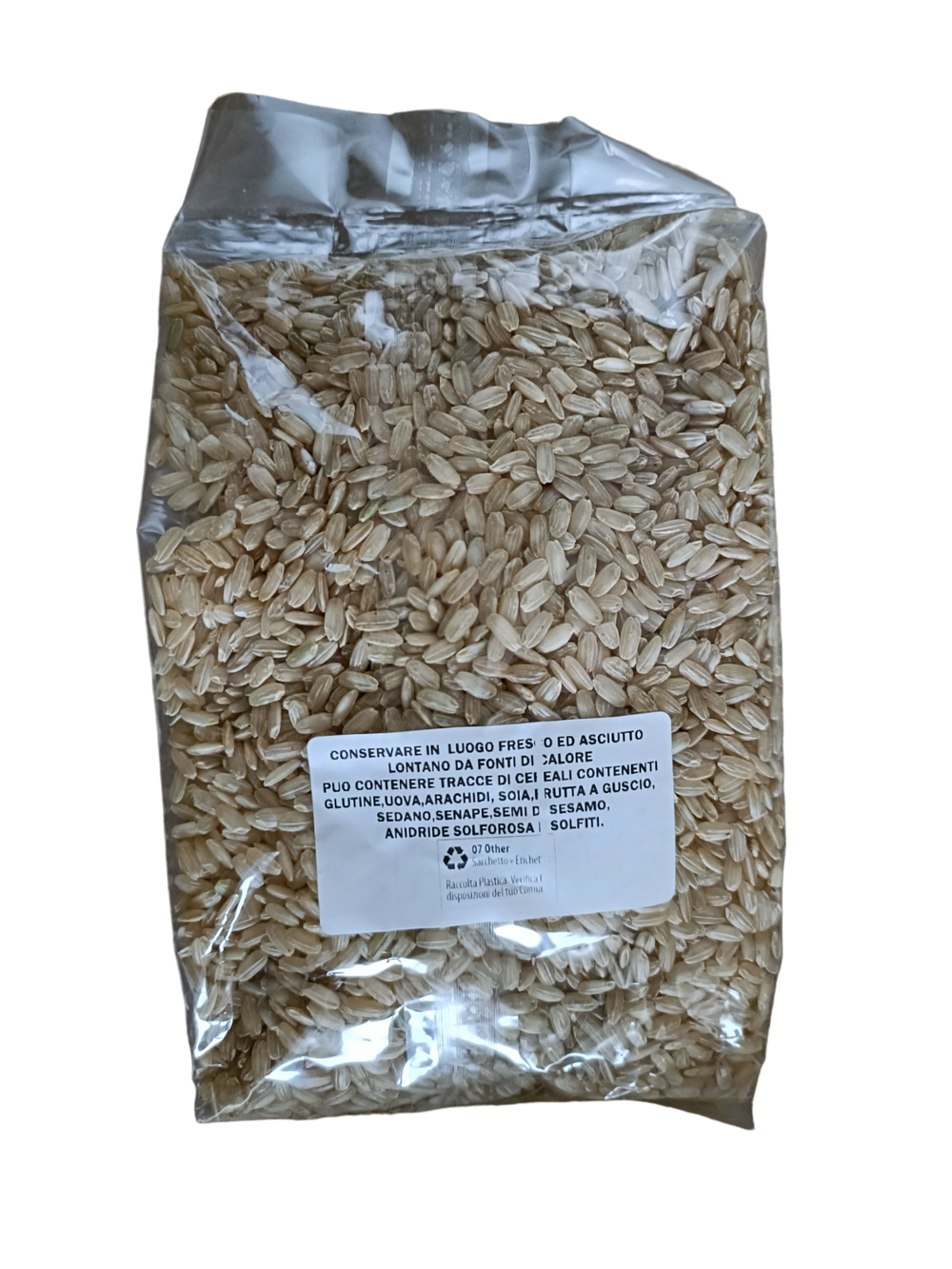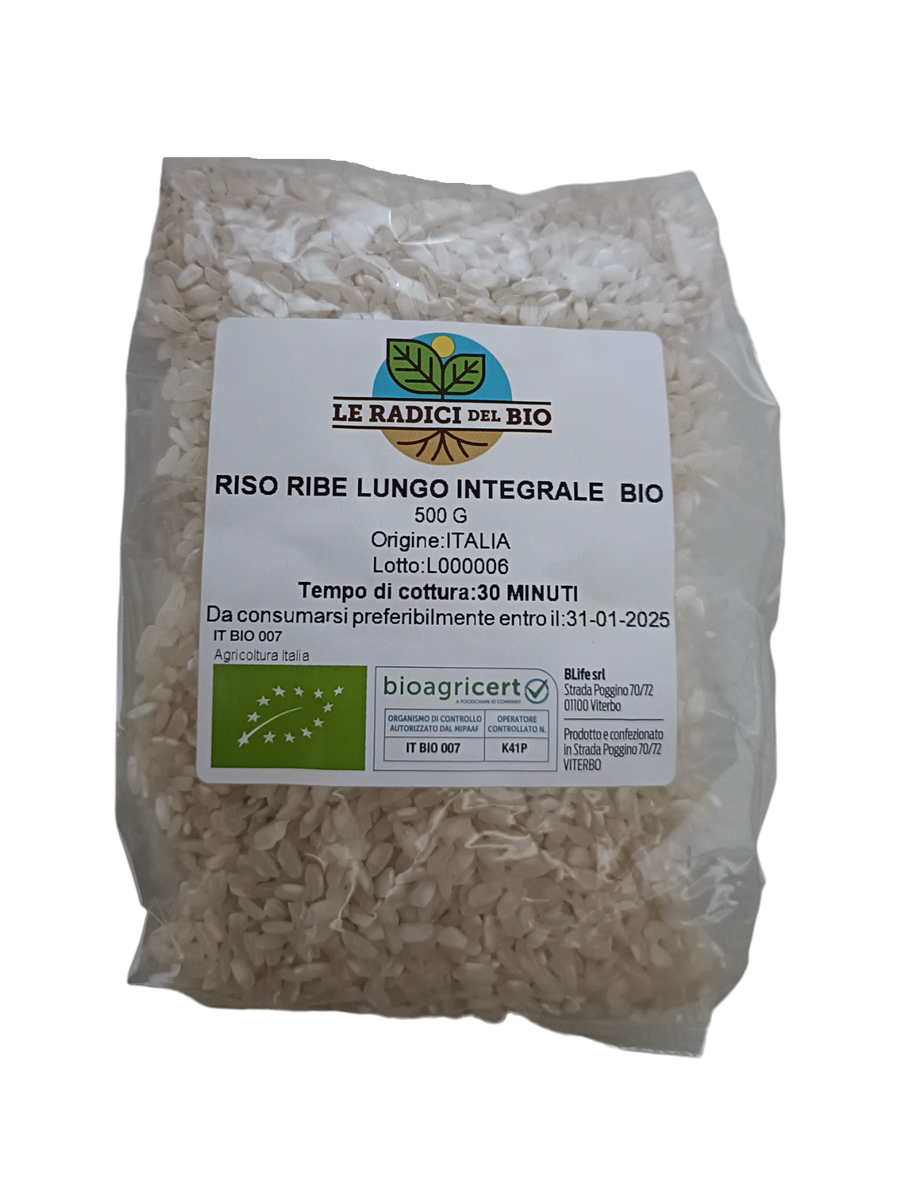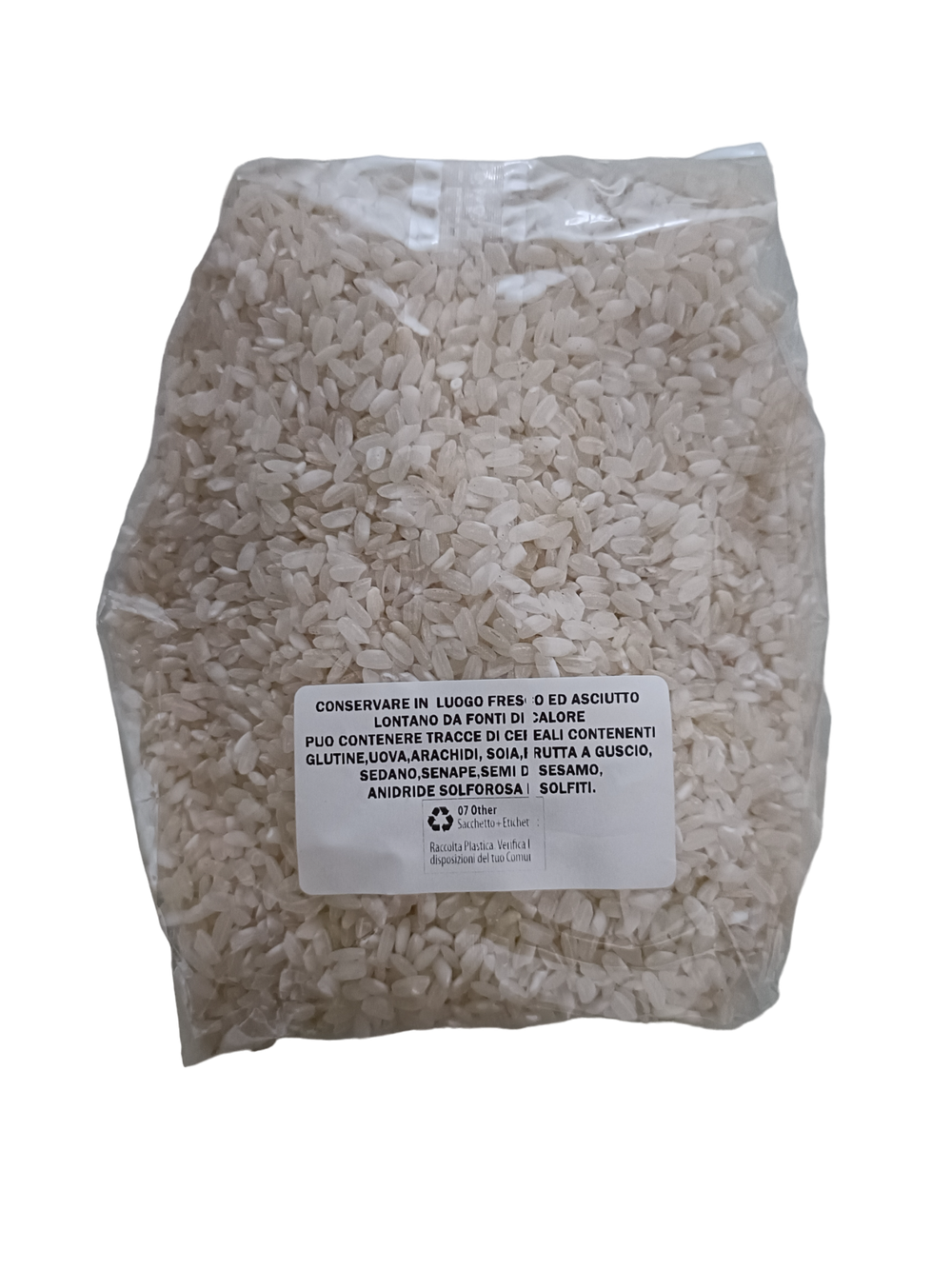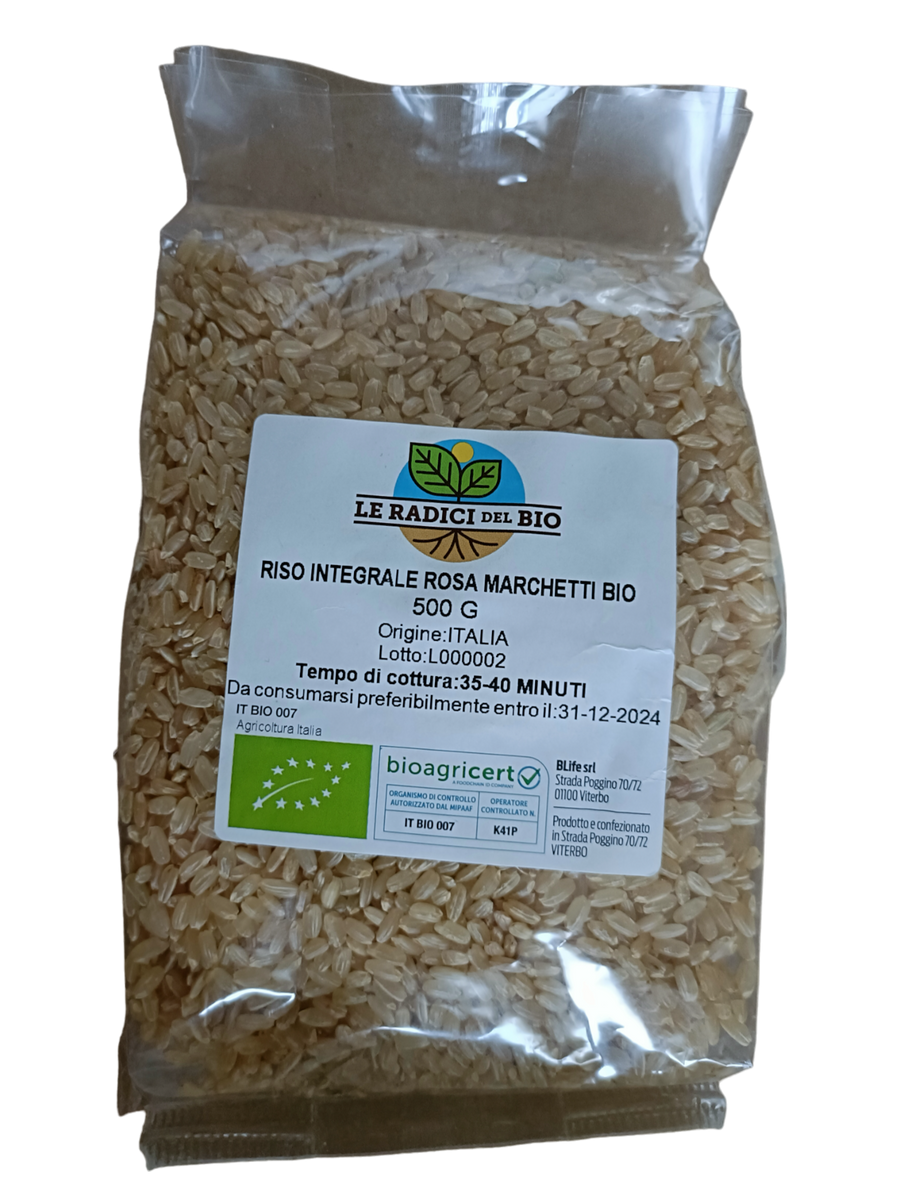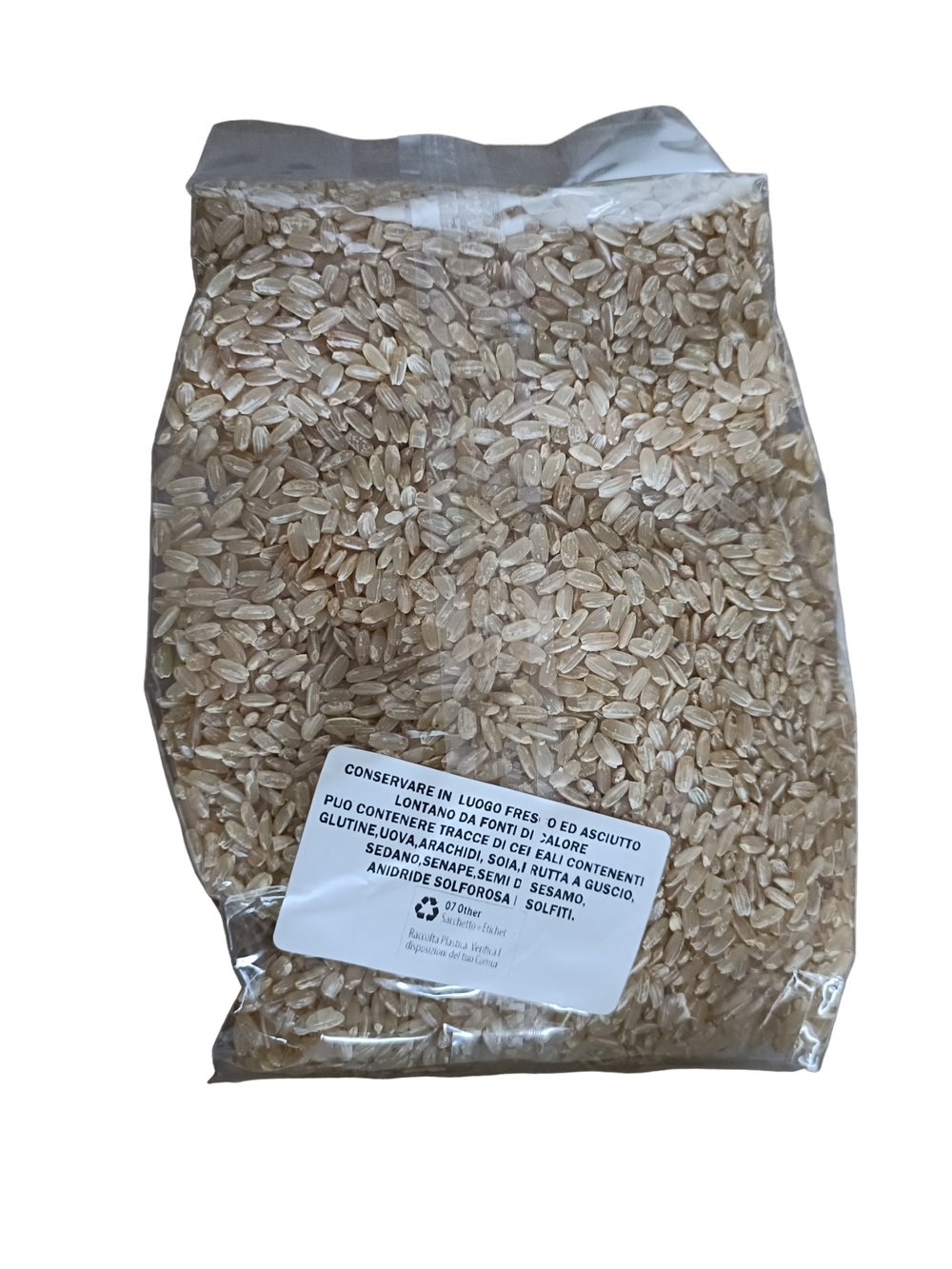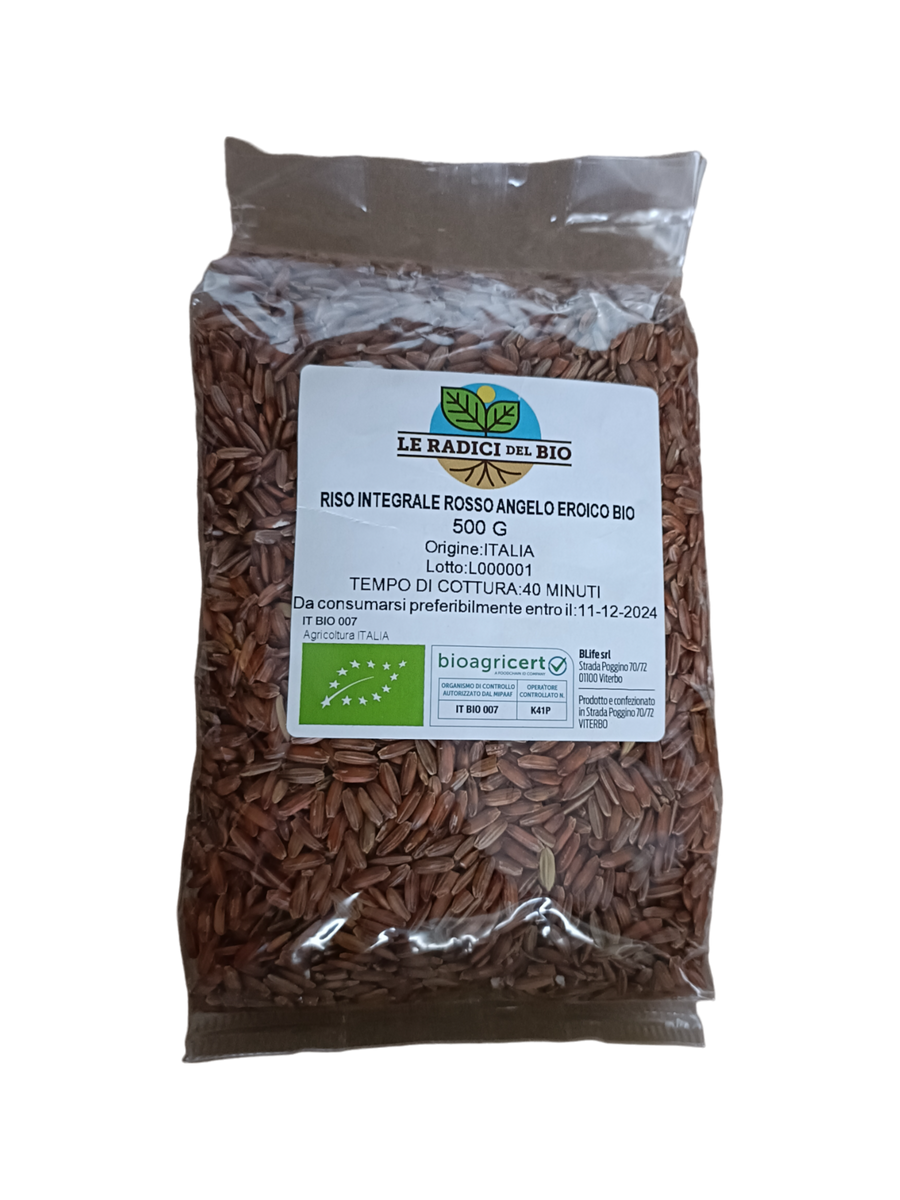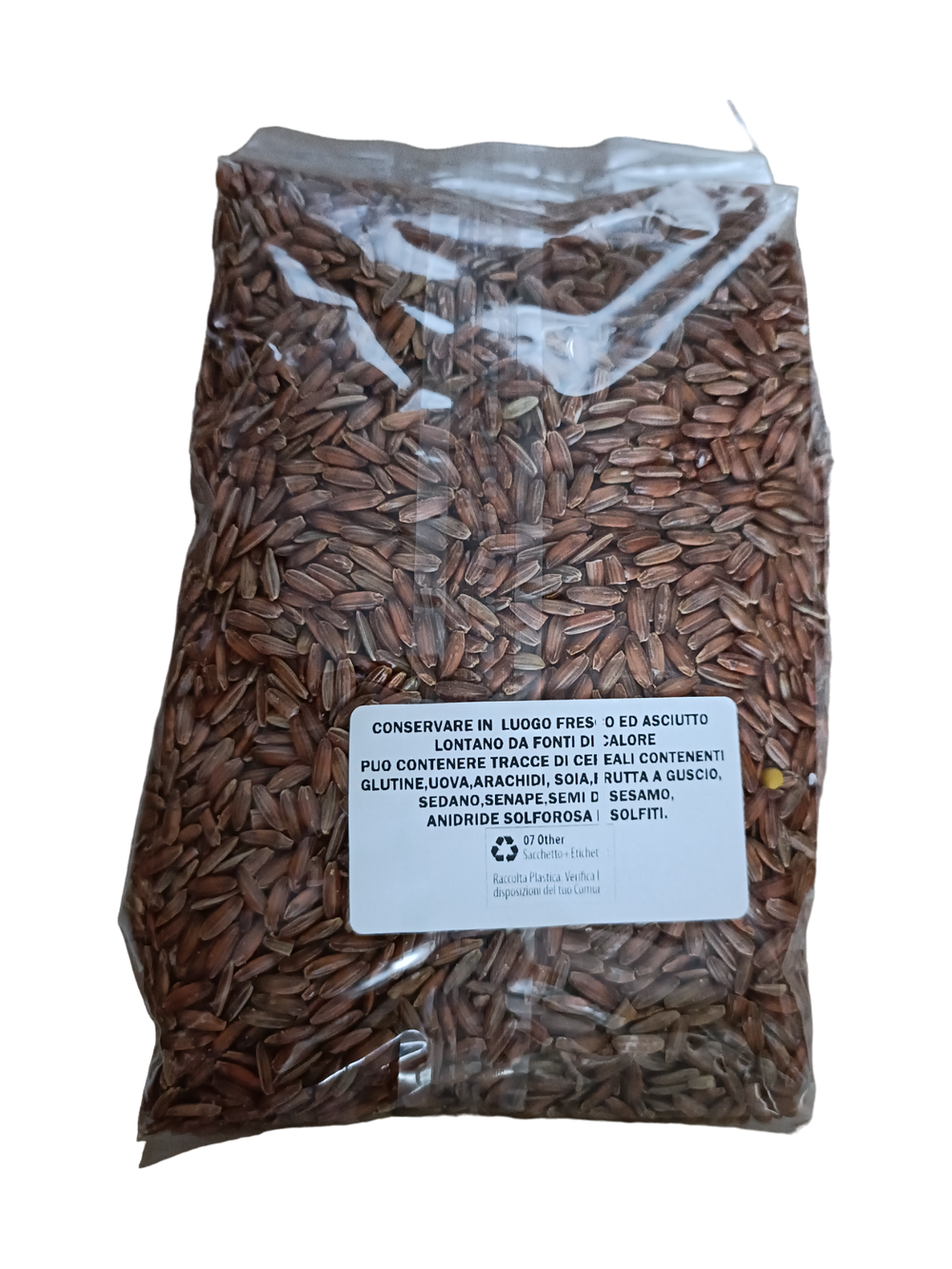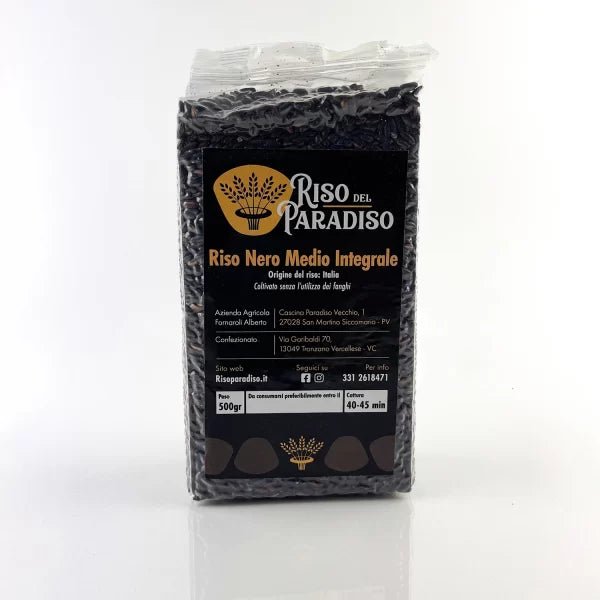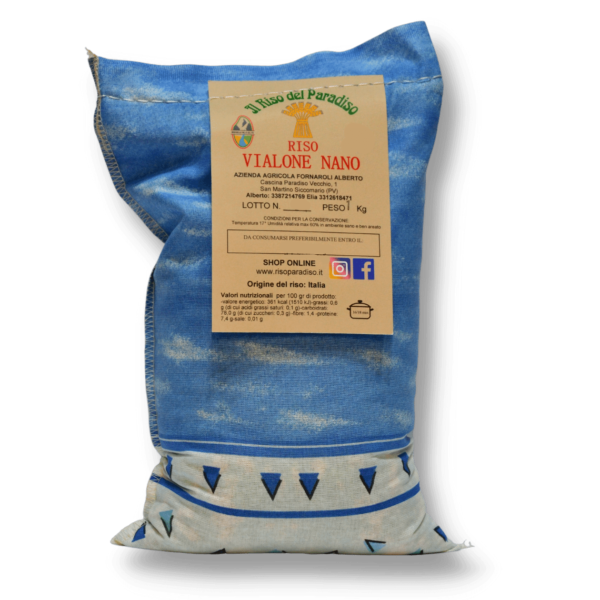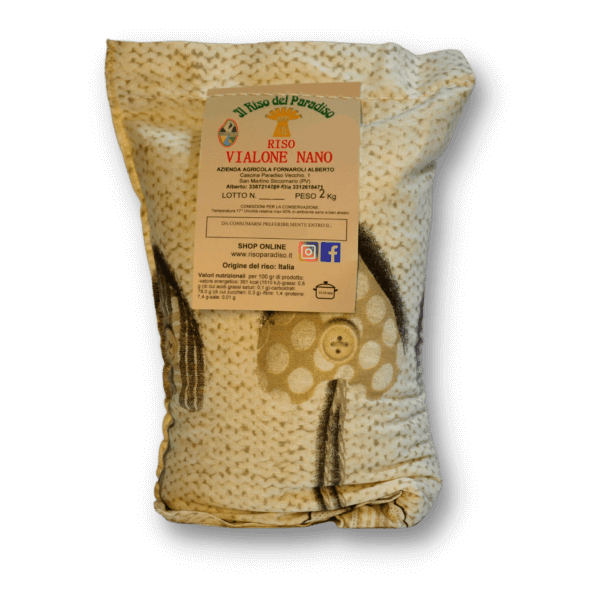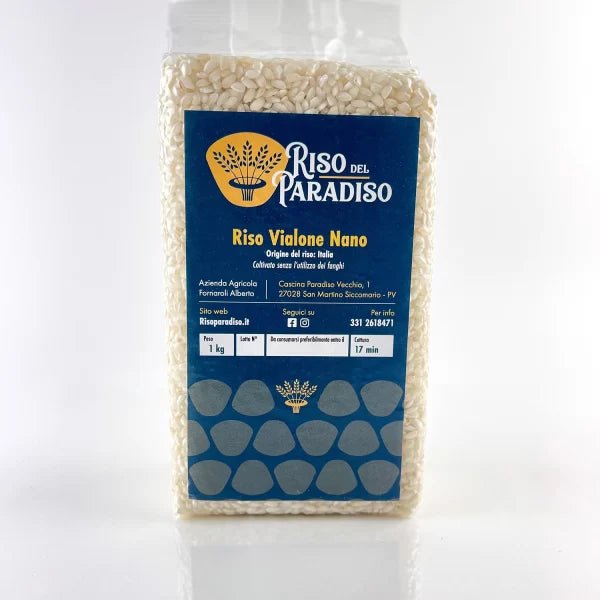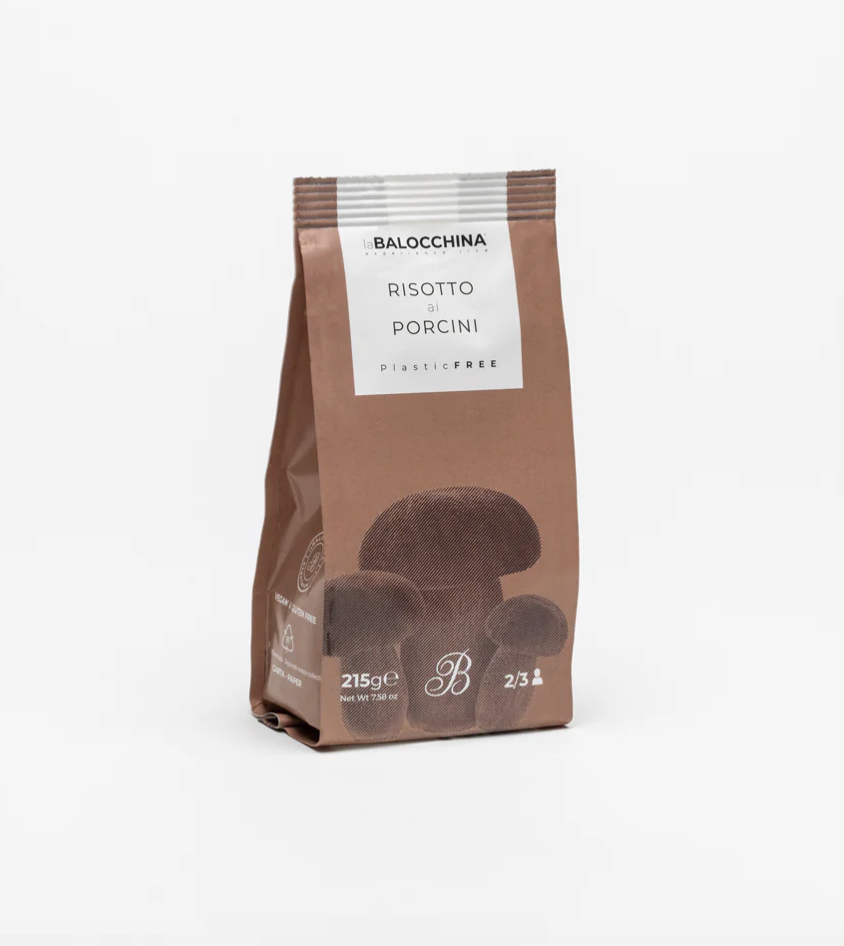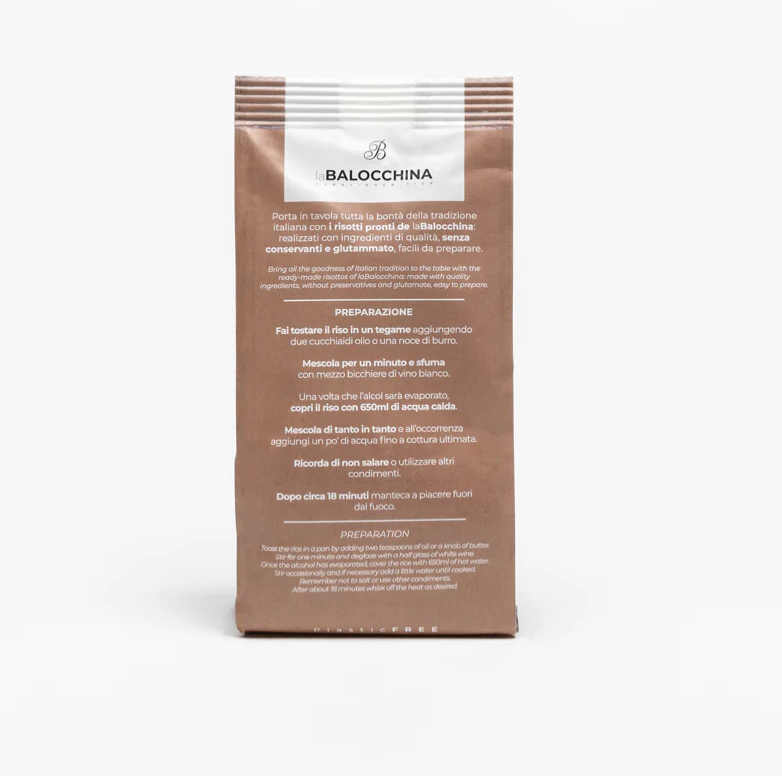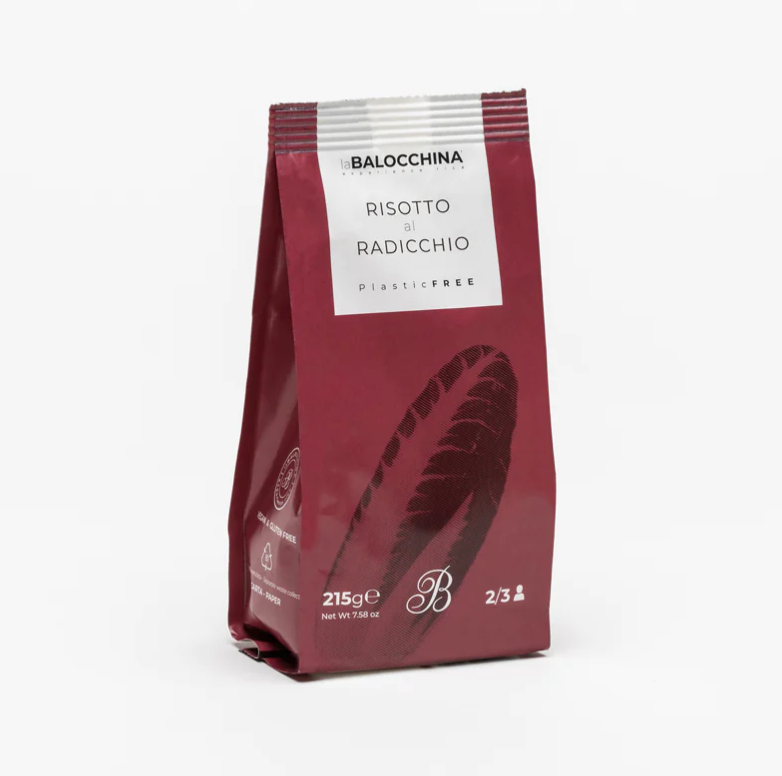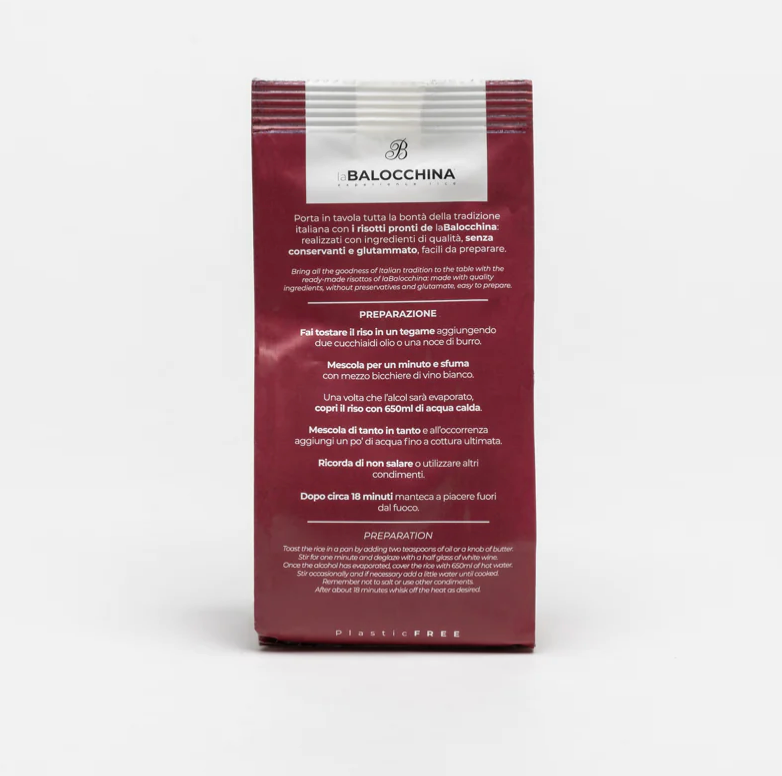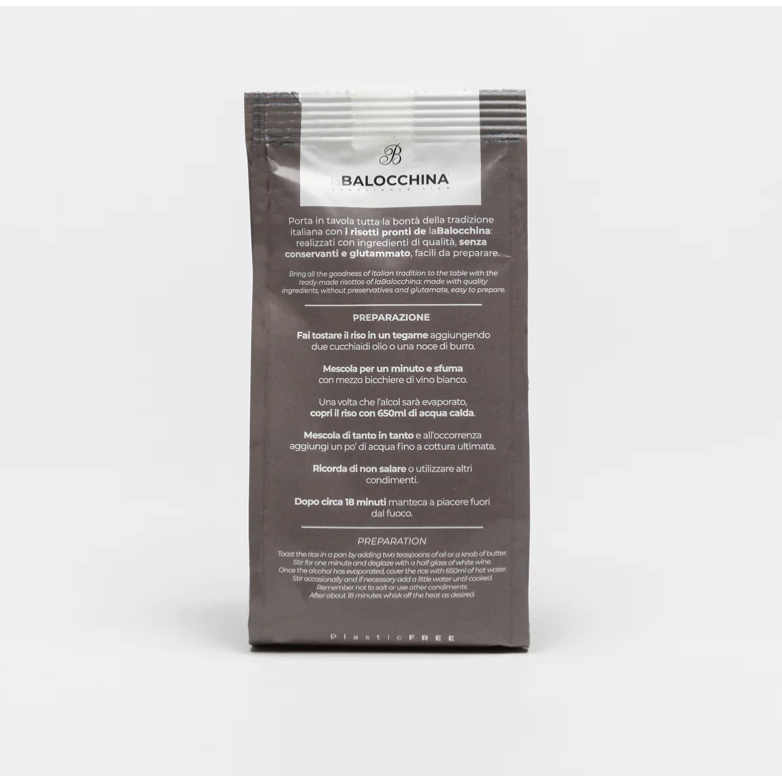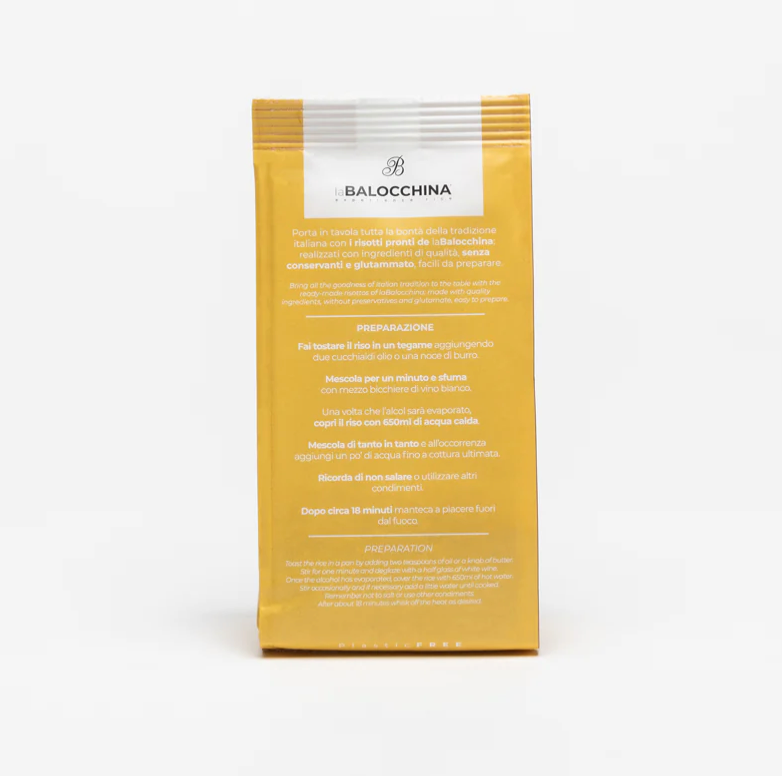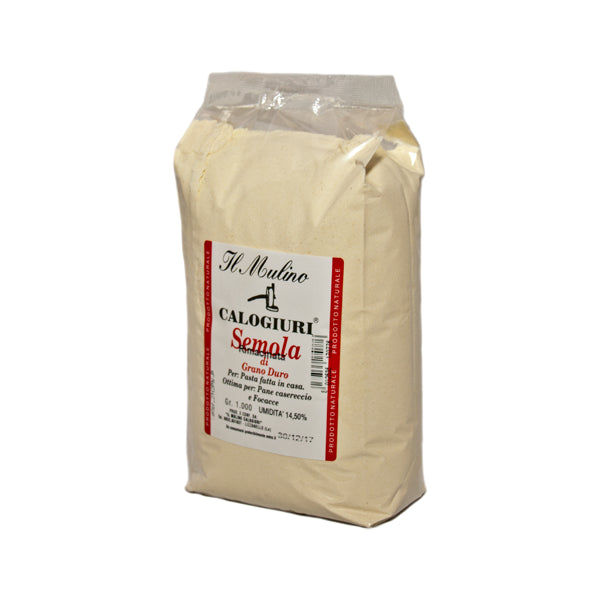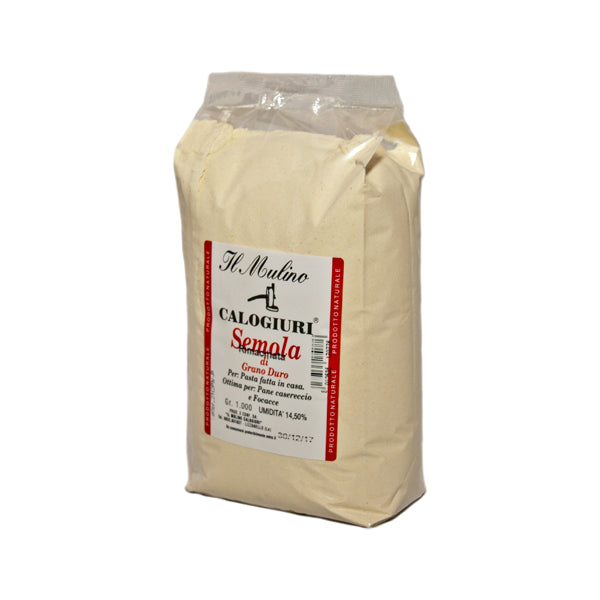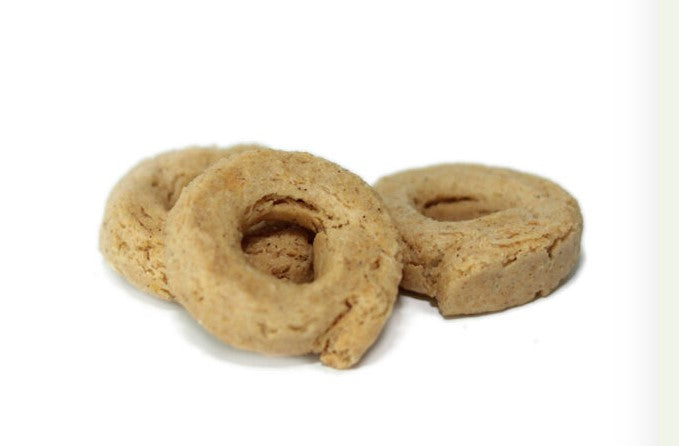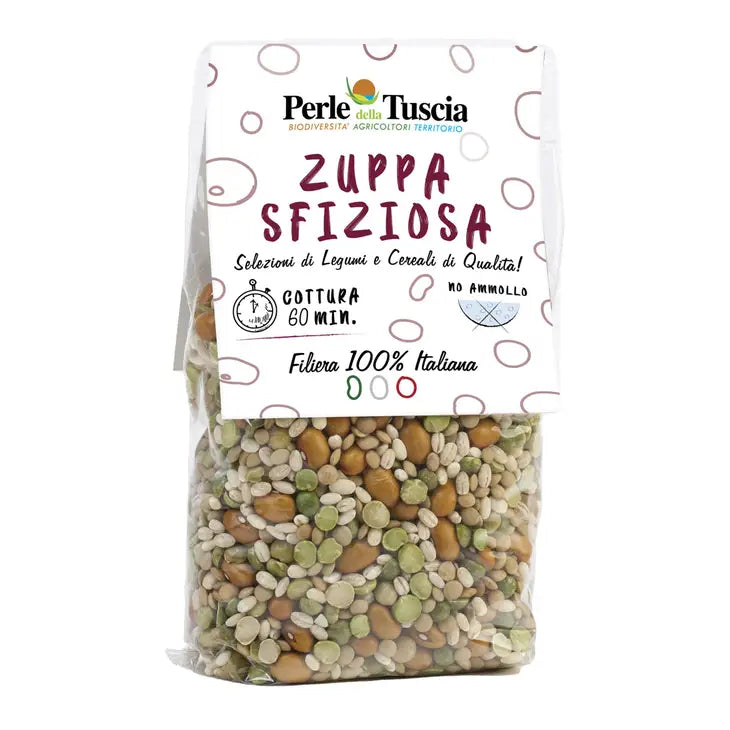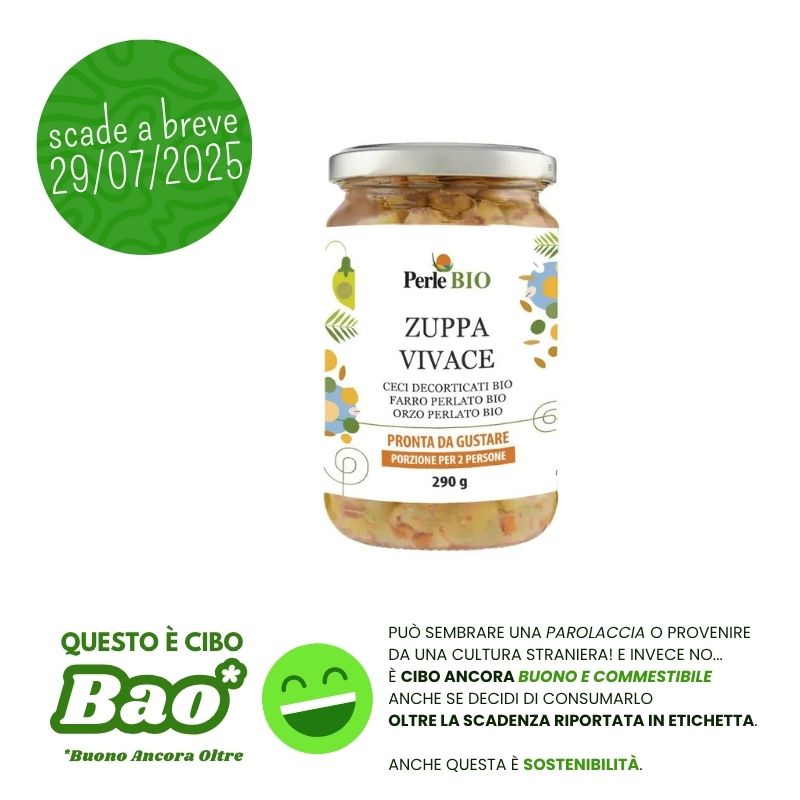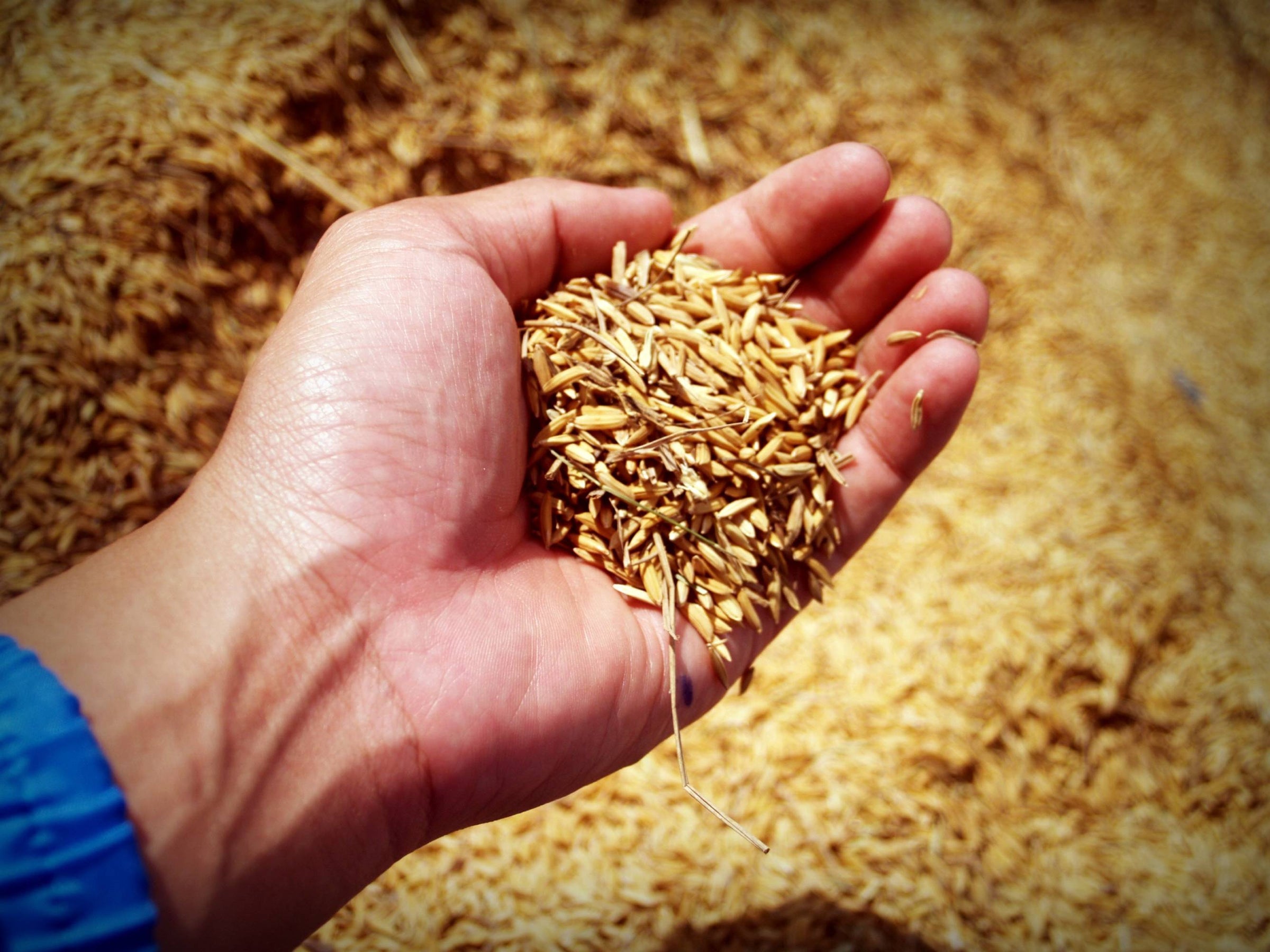
Cereals, our millenary energy
71 products
Cereals have been the basis of the human diet for thousands of years, which is why it is important to choose the ones that best suit your needs!
Cereals, especially whole grains, are rich in complex carbohydrates, fiber, protein, B vitamins (thiamine, riboflavin, niacin, pyridoxine and folic acid), vitamin E, minerals (iron, zinc, magnesium and selenium) and vitamin D.
Carbohydrates , which are one of the main sources of energy for the body. Those present in cereals are complex, such as starch and dietary fiber, which contribute to a prolonged release of energy and aid digestion.
Fiber in turn helps maintain digestive health and regularity by promoting a healthy gut microbiome. It can also reduce the risk of chronic diseases such as heart disease and type 2 diabetes.
Although cereals are not a rich source of protein compared to animal-based foods, they still contain some. Adding them to milk or yogurt increases the protein content of your breakfast.
High- fiber cereals can help you feel fuller longer, reducing overall calorie intake and aiding in weight management.
Whole grains, especially those low in added sugars , can contribute to a heart-healthy diet, lower cholesterol levels, reduce the risk of heart disease, and maintain healthy blood pressure levels.
Finally, they represent a very useful source of rapid energy to face the day, maintaining satiety and concentration for longer periods.
Eaten plain, they are used for breakfast or as a practical snack . Simply combine them with milk, yogurt (even plant-based) and fresh or dried fruit to add flavor and nutrition! Or they can be used to prepare homemade bars. Combine the cereals with honey or a nut butter, cook them and cut them into bars. Result: a crunchy and nutritious snack to take with you.
For thousands of years, in the form of flour , even gluten-free, they can be incorporated into baked recipes such as biscuits, muffins or bread. A classic that never dies!
For thousands of years, in the form of flour , even gluten-free, they can be incorporated into baked recipes such as biscuits, muffins or bread. A classic that never dies!
Remember to choose grains that are low in added sugar and opt for whole grain varieties to maximize their nutritional benefits. Reading nutrition labels and ingredient lists in this can help you make more informed choices about the grains you consume.
Recently viewed

Iscriviti al PROGRAMMA PUNTI FEDELTÀ ZiaCris
✅ Ricevi 1 punto ogni 2€ di prodotti acquistati
💶 e 20€ di credito da spendere nello shop ogni 250 punti accumulati
Regolamento
Iscriviti o accedi
💶 e 20€ di credito da spendere nello shop ogni 250 punti accumulati

💰 3€ di credito ti aspettano!
Accedi al tuo profilo e dedica 2 minuti al sondaggio!
Ottieni un credito immediato per i tuoi acquisti
Compila e guadagna
Ottieni un credito immediato per i tuoi acquisti




